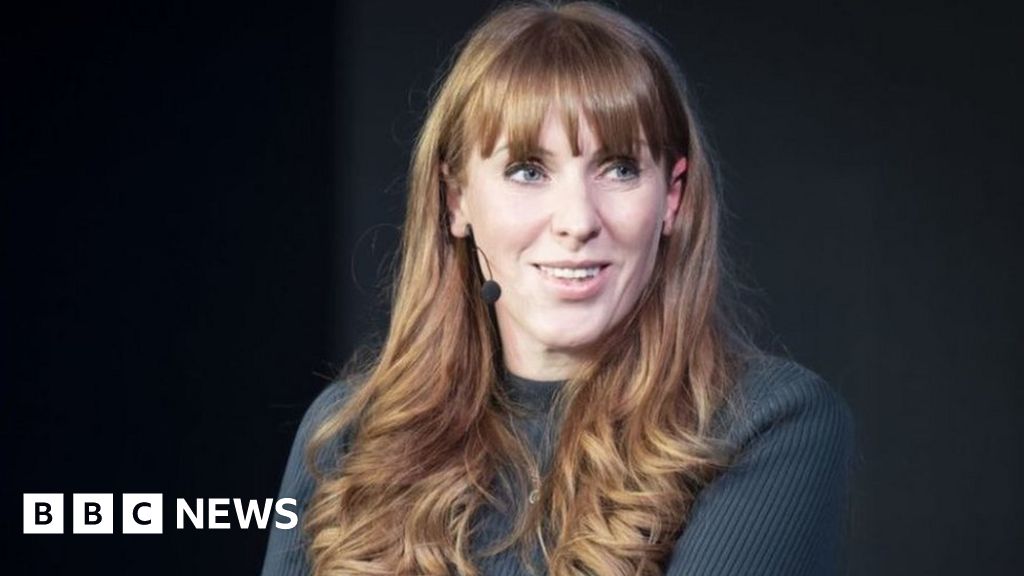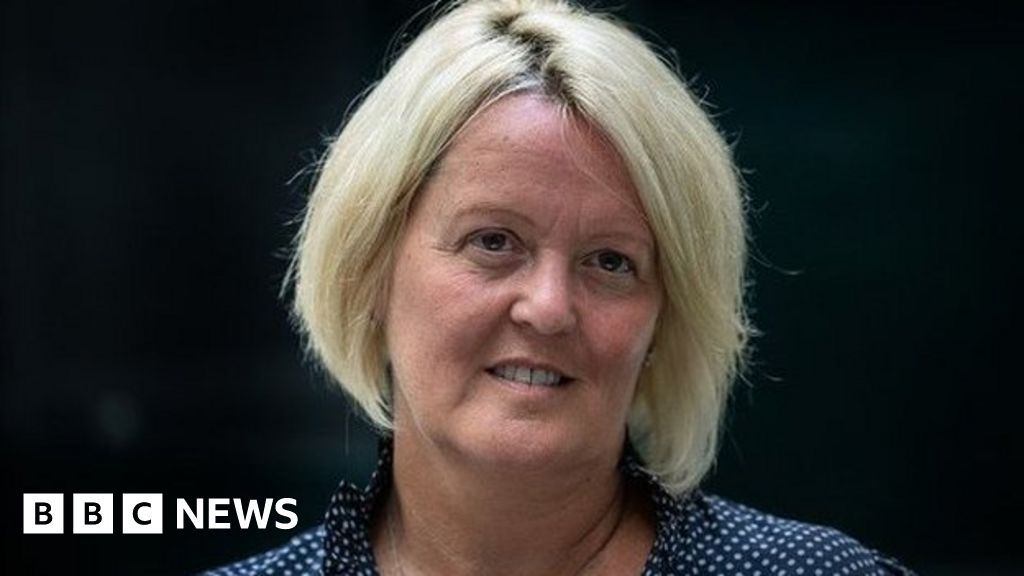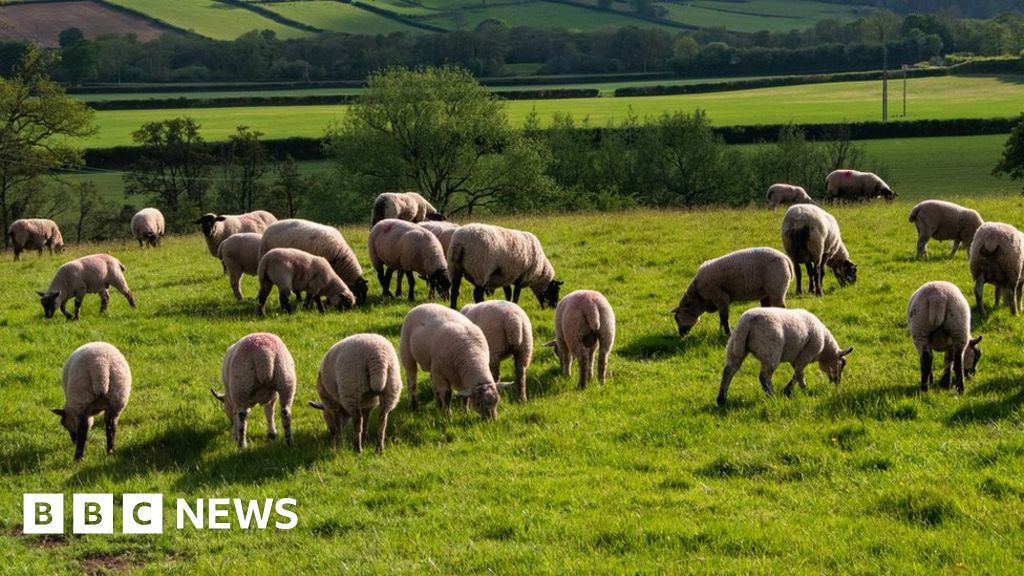[ad_1]
By Ben King
Business reporter, BBC News
 Image source, Getty Images
Image source, Getty ImagesTax cuts and measures to boost to the economy are set to be unveiled in a mini-budget on Friday.
It comes as the UK faces a cost of living crisis and the prospect of a recession.
What could be in the mini-budget?
- letting people keep more of their earnings by cutting National Insurance (NI)
- scrapping a planned increase in the tax companies pay on their profits
- possible cuts to other taxes, including stamp duty which is paid on house purchases
- ending the cap on bankers’ bonuses
- plans to boost economic growth, such as creating low-tax zones around the UK
The announcements will be made by new Chancellor Kwasi Kwarteng, who is in charge of the public finances.
The total cost of cutting taxes will be at least £30bn.
What changes are expected to National Insurance?
Ms Truss has pledged to undo a recent increase in National Insurance (NI) – a tax workers pay on their earnings.
Since 6 April, workers and employers have paid an extra 1.25p in the pound, to help fund the NHS and social care.
NI was set to return to its old rate from April 2023 – to be replaced by a new Health and Social Care Levy at a rate of 1.25%.
However, the government could now decide to scrap the levy before it’s introduced.
If that happens, higher earners will benefit most, as they pay the most NI. An NI cut won’t help pensioners or those on low income or benefits because they don’t pay the tax.
Which other taxes could be cut?
This tax is based on the annual profits that a company makes.
However, Ms Truss is set to cancel the rise.
These charges fund schemes like insulation and renewable energy.
The prime minister has promised to temporarily scrap the levies, saving households about £150 each.
A possible cut on the main tax on people’s earnings could also be on the cards.
Right now, people pay 20% on any annual earning between £12,571 to £50,270.
How about boosting growth?
The mini-budget could also see an end to the cap on bankers’ bonuses. It was introduced across the EU in 2014 (when the UK was still a member) following the global financial crisis. Under the current rules, a banker’s bonus cannot be higher than their annual salary – unless shareholders agree.
When asked if she would be happy to see bankers getting bigger bonuses, Ms Truss said she wanted to see a growing economy.
The government may also announce the creation of “special investment zones”. Certain locations could be allowed to relax planning rules and reduce business taxes to encourage investment.
Can the UK afford to tax less and borrow more?
Critics, including Ms Truss’ Conservative leadership rival Rishi Sunak, argue immediate tax cuts will lead to higher borrowing.
The money, plus interest, will eventually need to be paid back by taxpayers.
However, Ms Truss argues tax cuts will help the economy grow – bringing in more money which will cover the cost of the amount borrowed.
Why is it being called a mini-budget?
Major decisions about tax and spending are normally made twice a year – in an autumn Budget Statement and a Spring Statement.
The Office for Budget Responsibility (OBR) – which gives independent advice to the government – normally publishes its analysis of these statements. It sets out the cost of new policies, how much tax will be raised and what it means for the economy.
However, the government is refusing to publish the OBR’s assessment alongside the mini-budget.
The Treasury said it “remain[s] committed to maintaining the usual two forecasts in this fiscal year, as is required”.
A full-scale Budget is expected later this year, but no date has been set.
What are your questions on the cost of living crisis? What would you like to know about the chancellor’s mini-budget? Email your questions to: haveyoursay@bbc.co.uk.
You can also send your questions in the following ways:
If you are reading this page and can’t see the form you will need to visit the mobile version of the BBC website to submit your question or comment or you can email us at YourQuestions@bbc.co.uk. Please include your name, age and location with any submission.
[ad_2]
Source link




